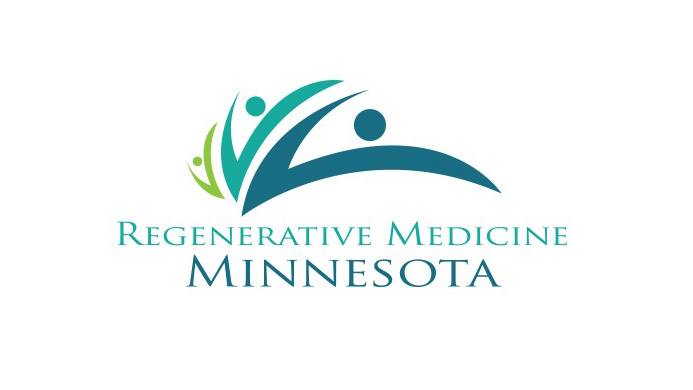Overview
A torn meniscus is one of the most common knee injuries. Any activity that causes you to forcefully twist or rotate your knee, especially when putting your full weight on it, can lead to a torn meniscus.
Each of your knees has two C-shaped pieces of cartilage that act like a cushion between your shinbone and your thighbone. A torn meniscus causes pain, swelling and stiffness. You also might feel a block to knee motion and have trouble extending your knee fully.

Torn meniscus
The meniscus is a C-shaped piece of tough, rubbery cartilage that acts as a shock absorber between the shinbone and the thighbone. It can be torn if you suddenly twist your knee while bearing weight on it.
Conservative treatment — such as rest, ice and medication — is sometimes enough to relieve the pain of a torn meniscus and give the injury time to heal on its own. In other cases, however, a torn meniscus requires surgery.
Symptoms
If you've torn your meniscus, it might take 24 hours or more for pain and swelling to begin, especially if the tear is small. You might develop the following signs and symptoms in your knee:
- A popping sensation
- Swelling or stiffness
- Pain, especially when twisting or rotating your knee
- Difficulty straightening your knee fully
- Feeling as though your knee is locked in place when you try to move it
- Feeling of your knee giving way
When to see a doctor
Contact your doctor if your knee is painful or swollen, or if you can't move your knee in the usual ways.
From Mayo Clinic to your inbox
Causes
A torn meniscus can result from any activity that causes you to forcefully twist or rotate your knee, such as aggressive pivoting or sudden stops and turns. Even kneeling, deep squatting or lifting something heavy can sometimes lead to a torn meniscus.
In older adults, degenerative changes of the knee can contribute to a torn meniscus with little or no trauma.
Risk factors
Performing activities that involve aggressive twisting and pivoting of the knee puts you at risk of a torn meniscus. The risk is particularly high for athletes — especially those who participate in contact sports, such as football, or activities that involve pivoting, such as tennis or basketball.
Wear and tear on your knees as you age increases the risk of a torn meniscus. So does obesity.
Complications
A torn meniscus can lead to a feeling of your knee giving way, inability to move your knee as you usually do or persistent knee pain. You might be more likely to develop osteoarthritis in the injured knee.
